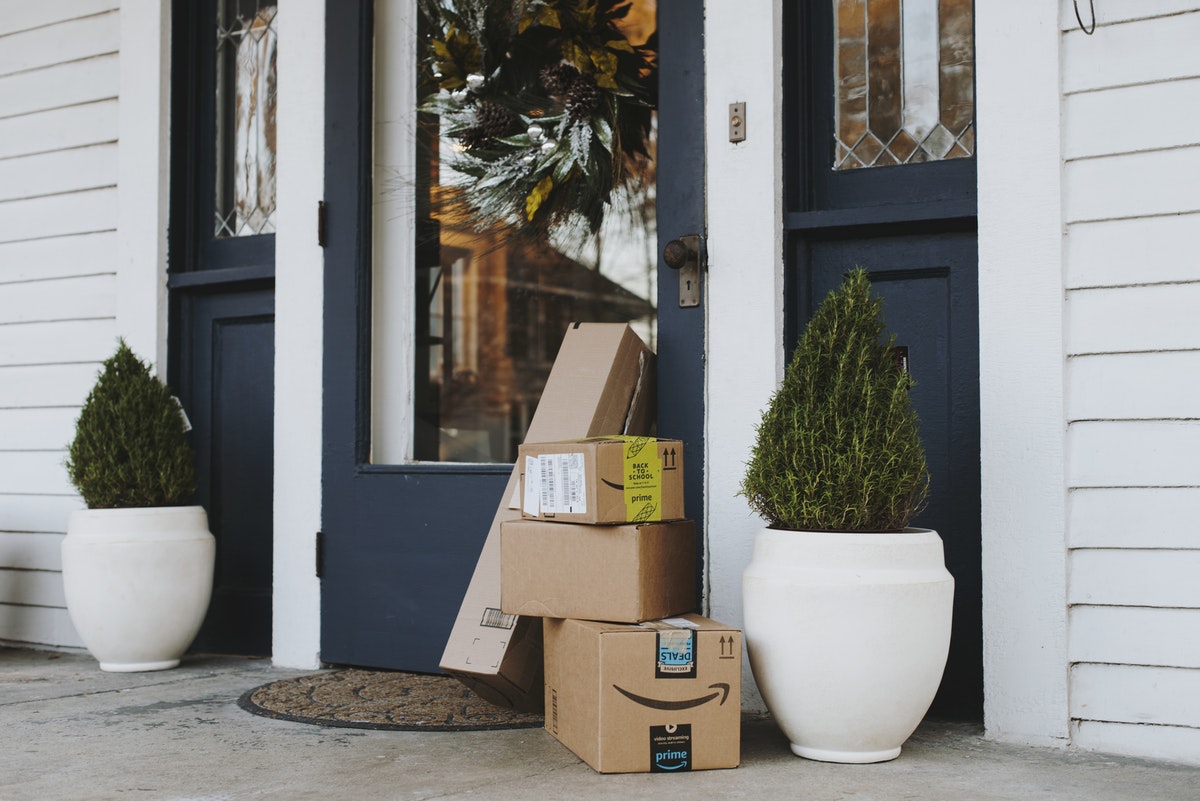
If you’ve been avoiding sales taxes by shopping online with retailers who don’t have an employee or a building in your state, that will be changing soon.
The Supreme Court on Thursday ruled in favor of states being able to force retailers to collect state and local sales taxes no matter where the seller operates its business, saying those taxes support local police and fire departments and other services.
The case dates back 26 years and was used as a price advantage by internet retailers. Major online retailers, Wayfair, Overstock, eBay, Shopify and Etsy, opposed the law change.
“Rejecting the physical presence rule is necessary to ensure that artificial competitive advantages are not created by this Court’s precedents,” the decision said. “This Court should not prevent States from collecting lawful taxes through a physical presence rule that can be satisfied only if there is an employee or a building in the State.”
The decision represents a big change for the retail industry and for state budgets. Texas had estimated it was losing $1 billion a year in sales taxes because of the law.
It’s also a big change for consumers, particularly when making big-ticket purchases like an expensive camera, laptop, handbag or designer shoes. Local merchants and large brick-and-mortar chains complained over the years that shoppers used their stores as showrooms and would then go online to make the purchase tax-free.
Others say the impact would have been greater years ago and that now many shoppers are no longer as price-motivated when shopping online. Internet shopping is viewed more as a convenience for a big swath of consumers including the 100 million Prime members worldwide that Amazon has hooked with free shipping, music, books and original entertainment.
The court on Thursday decided in favor of states in South Dakota vs. Wayfair, a direct challenge to a 1992 decision in Quill Corp. vs. North Dakota that prohibited states from requiring retailers to collect sales taxes if the seller didn’t have a physical presence in the state, such as a store, distribution or call center.
The court was particularly strong in its language when using the example home furnishings retailer Wayfair, a defendant in the case:
“Wayfair offers to sell a vast selection of furnishings. Its advertising seeks to create an image of beautiful, peaceful homes, but it also says that “‘[o]ne of the best things about buying through Wayfair is that we do not have to charge sales tax.’
“What Wayfair ignores in its subtle offer to assist in tax evasion is that creating a dream home assumes solvent state and local governments. State taxes fund the police and fire departments that protect the homes containing their customers’ furniture and ensure goods are safely delivered; maintain the public roads and municipal services that allow communication with and access to customers…”
Here’s a link to the decision.
Texas was one of 41 states that filed a brief asking the Supreme Court to remove the physical presence rule.
Kevin Lyons, spokesman for Texas Comptroller Glenn Hegar, said, “We welcome the court’s ruling in this case and are currently assessing any potential revenue impacts as a result of this decision as well as whether any rule changes or legislation might be required to achieve the benefits of the decision.”
Other states will be doing the same thing and software and tax collection services will be gearing up.

